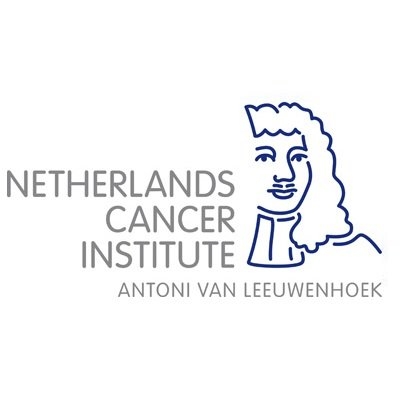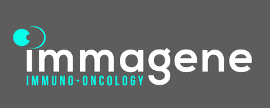Development of a new medicine for immunotherapy of cancer patients
There has been a revolution in cancer treatment whereby the immune system is boosted by new precision medicines. However, these therapies fail to provide durable clinical benefit to the majority of cancer patients. This is where the NextIO project, a public private partnership between the Netherlands Cancer Institute and the start-up biotech company Immagene aims to make a difference.
Specifically, NKI has discovered a new therapeutic target in cancer cells, inhibition of which strongly increases its susceptibility to killing by the immune system. Because this was done in a laboratory environment with reagents that cannot be used clinically, Immagene will develop a precision medicine to translate the discovery from the laboratory to the benefit of the patient.
The expected societal impact of this project is the expansion of the depth and durability of the therapeutic effect of immunotherapy. Together, the NKI and Immagene aim to treat a group of patients that have already seen some success with immunotherapy, but where resistance mechanisms lead to tumor relapse and progression. Additionally, we have uncovered methods to identify the specific patient group that will benefit most from this medicine, reducing costs of treatment and improving clinical outcome.
The NextIO project has supported the NKI in researching resistance mechanisms for RNF31 inhibitor approaches as well as supporting Immagene in the development of new classes of RNF31 small molecule inhibitors. To date Immagene has created >700 NCEs targeting RNF31, a select few of which were biologically validated at NKI and tested in mouse models. These data are very promising and both the Peeper lab at the NKI and Immagene will continue working on this target and the small molecule inhibitors in the future.


